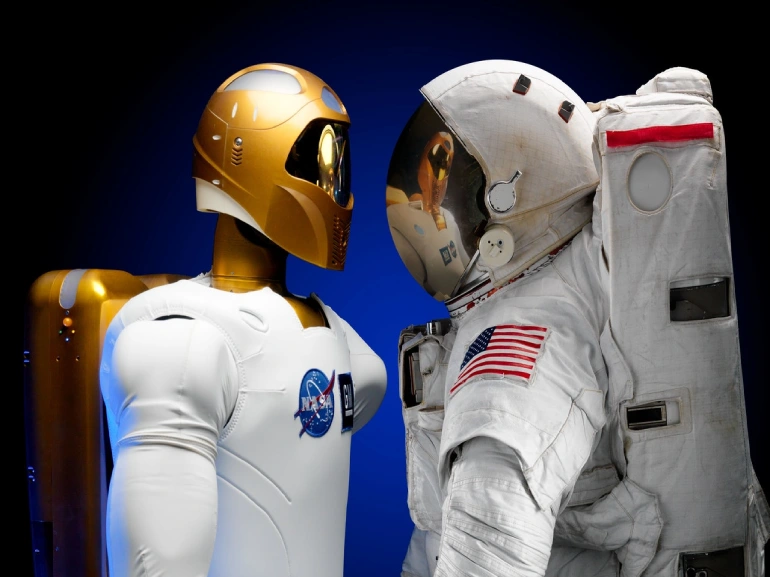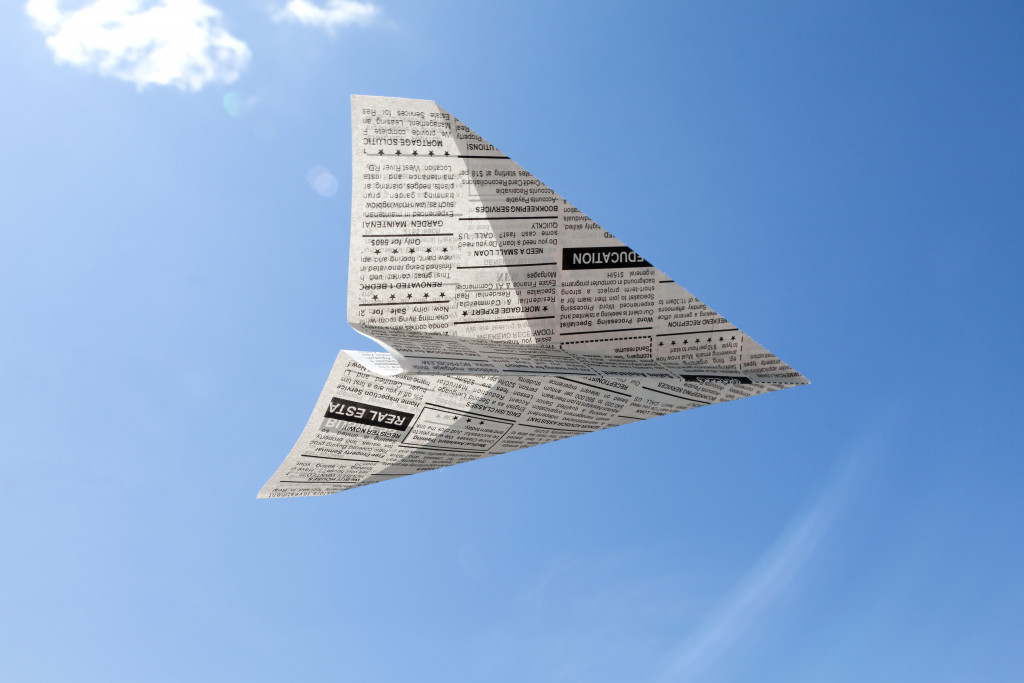As the surge in COVID-19 cases continues, the best way we can stay safe and protect others as well is to self-isolate. It’s been years since we’ve been forced to restrict ourselves from social interactions, and some of us have felt the negative impacts of isolation. Something that astronauts are all too familiar with.
On land, we undergo quarantine in the comforts of our homes, with limitless access to social media, and the occasional interaction with loved ones. This is very different from space isolation.
Alone in Space
Space missions and space exploration still face many problems and challenges, but for astronauts, space missions are not just physically demanding but mentally challenging as well.
Being an astronaut is a very dangerous job, as the body is exposed to microgravity and huge levels of radiation, however, isolation remains one of the most challenging feats they could experience in outer space.
To be able to work in the unforgiving conditions of space, you don’t just have to be physically strong but mentally healthy as well.
Venturing into deep space brings about stressors like extreme isolation on top of the anxiety that comes with such a high-risk job. This can affect the resiliency and adaptability of someone living in small, often uncomfortable, quarters.
Astronauts know that confinement is part of the job, quite different from the rest of us who have no choice but to self-isolate in order to keep ourselves and others safe.
However, there are things that we can learn from astronauts about how they successfully deal with loneliness and anxiety to keep their minds healthy amidst stressful work conditions, disrupted sleep schedules, and isolation.
1. Develop your sense of humor
Humor can have a powerful impact on our mental and physical health. Sigmund Freud even regards it as the highest defense mechanism of the psyche as a healthy sense of humor can turn the most stressful situations into a more pleasant experience. More research has shown that humor can protect you from anxiety and depression.
Note that not all types are humor are the same. According to scientists, there are different forms of humor. Some promote mental wellness, while there are others that can be harmful.
Here are the four styles of humor, according to psychologist professor Rod Martin.
-
Affiliative
Affiliative humor refers to telling jokes about things that are considered generally funny. The goal is to facilitate relationships by making people laugh through things that are universally humorous. You want to create a sense of fellowship by making other people happy.
-
Self-enhancing
Self-enhancing humor is being able to laugh at yourself and the absurdities of life. This involves making jokes when something bad happens to you. Not taking things too seriously or personally. You’re able to make fun of yourself in a healthy and good-natured way.
-
Aggressive
Aggressive humor refers to humor that puts other people down or sees insults as a way to make jokes. This humor that involves ridiculing a person in front of others is often something used by bullies.
-
Self-defeating
Self-defeating humor is humor that involves self-deprecating remarks to gain the approval and sympathy of others. This is an unhealthy type of humor as it aims to destroy self-belief and puts down morale.
Humor helps us see things from a different perspective, however, it’s important to be aware of what kind of humor you’re using. Always remember to use the type that’s meant to advance relationships and boost your morale.
2. Keep a supportive circle of friends

For astronauts, having a good friend on board is important. Friends serve as a support system in times when you need someone to rely on the most. It’s good to have a person you can confide in and talk to about your problems or issues that occurred during the day.
When we’re in a tough situation, it’s always helpful to have somebody who understands what you’re going through as it helps you feel less alone.
3. Stay in touch
Being forced into isolation or self-quarantine doesn’t mean you have to always keep to yourself.
Though social media is not as accessible in outer space as it is on earth, astronauts make sure to stay grounded and keep their emotional ties to earth healthy. This can be through looking at photographs of loved ones or having a quick chat with them.
It doesn’t matter if you’re in space or on Earth, interacting with someone that makes you feel pleasant will always lift your mood.
4. Don’t forget self-care
For astronauts, being able to take care of their own health and performance is important. This act requires a lot of attention to the self and self-awareness.
Be aware of what you’re feeling. You can do this by developing the habit of meditating. Set a time of day where you can meditate for at least 5 minutes.
Astronauts also make it a habit to keep a personal journal and write on it at least 3 times a week. This helps them sort out their thoughts and pinpoint what it is exactly that’s stressing them out.
Knowing what you’re feeling and why you’re feeling the way you do makes it possible for you to control the source. This can be helpful in reducing stress and anxiety that often come from isolation.
5. Use digital tools

Astronauts utilize digital tools to help them connect with their families on earth. Though, unlike the freedom that we have here on earth, their connection is limited so expectations have to be managed. Aside from talking to loved ones, they also use their devices to keep photos of their family members. They can still bring photo albums but digital devices have made it possible to store hundreds or even thousands of photos without the bulk or weight of the traditional photo album.
6. Stay busy
Though astronauts already lead a busy life, feelings of isolation can creep in during downtime or rest time. Even at home, when you’re working, eating, or cooking, there will be times when feelings of loneliness creep in out of the blue.
Having a hobby that you love is an excellent way to keep your mind off of things. For example, Astronaut Ed Lu managed to bring his piano up in space and play it for fun. Find things you love that can help pass time in a productive and meaningful way.
It’s also important to schedule your week. This way, you’re maximizing your time to the fullest and you get to be in control of what you’re doing. Make sure to balance work and play to maintain a healthy lifestyle.
Mental Fortitude
Most of us have already grown used to new routines brought forth by quarantine. But several months spent in isolation, unable to normally interact with people can take their toll on our physical and mental well-being. It’s important to find a system that works for you to help you stay grounded, balanced, and sane during times of isolation.
Keep a journal or meditate daily. Prioritize self-care and always aim to be healthy and safe. To do this, get enough sleep, exercise and eat proper food. Don’t forget to stay in touch with your loved ones and use digital tools to discover new communities online.
Other people like you want to stay connected, so use technology to enable interpersonal connection.
One of the many differences between isolation that astronauts experience and what the world is experiencing at the moment is that astronauts are mentally prepared for the experience. They chose their profession and were prepared for the long voyage to outer space. On the other hand, nobody was prepared for the pandemic and nobody knows when it will end.
The important thing right now is to stay on top of your health and mind the things you can control, like your schedule and your actions.


